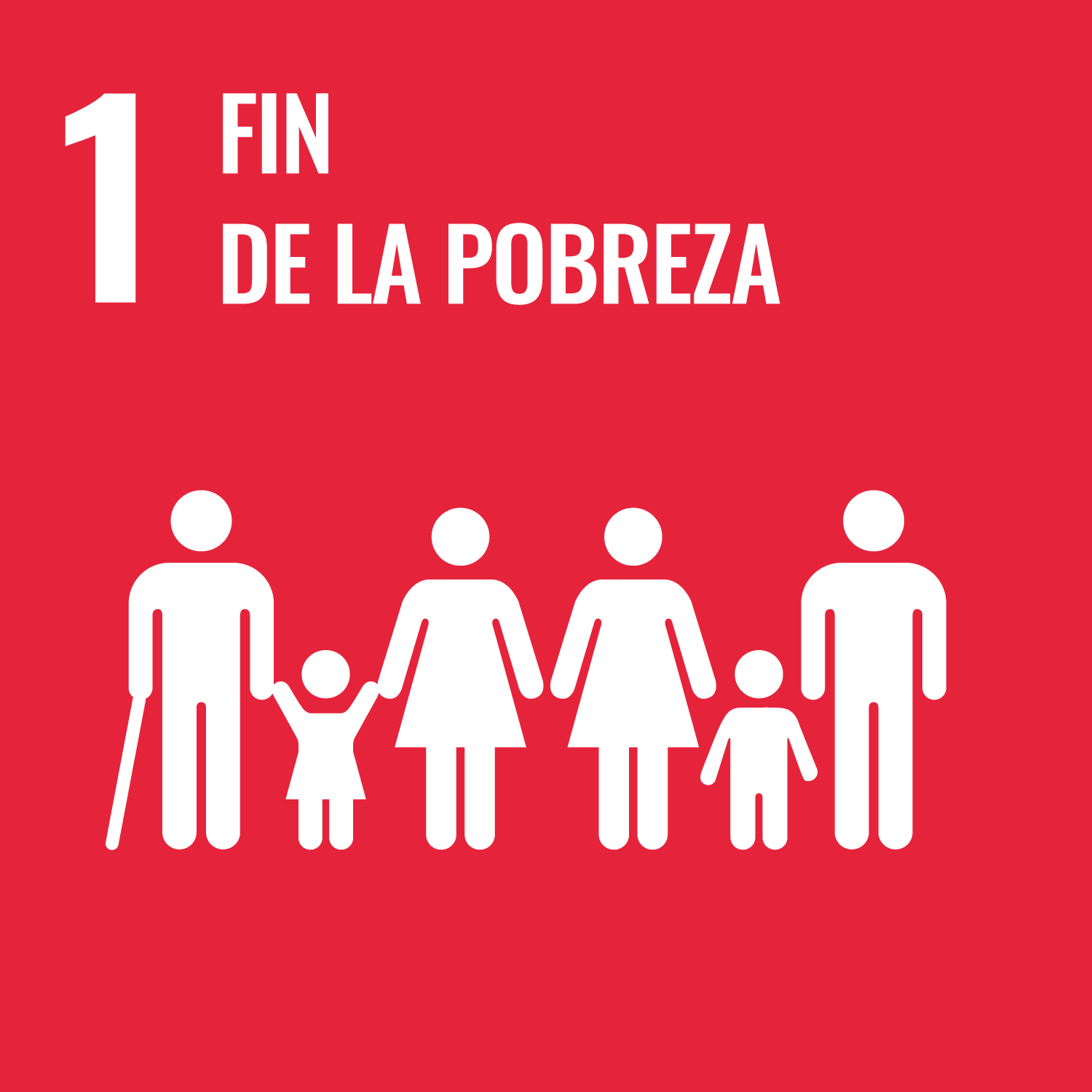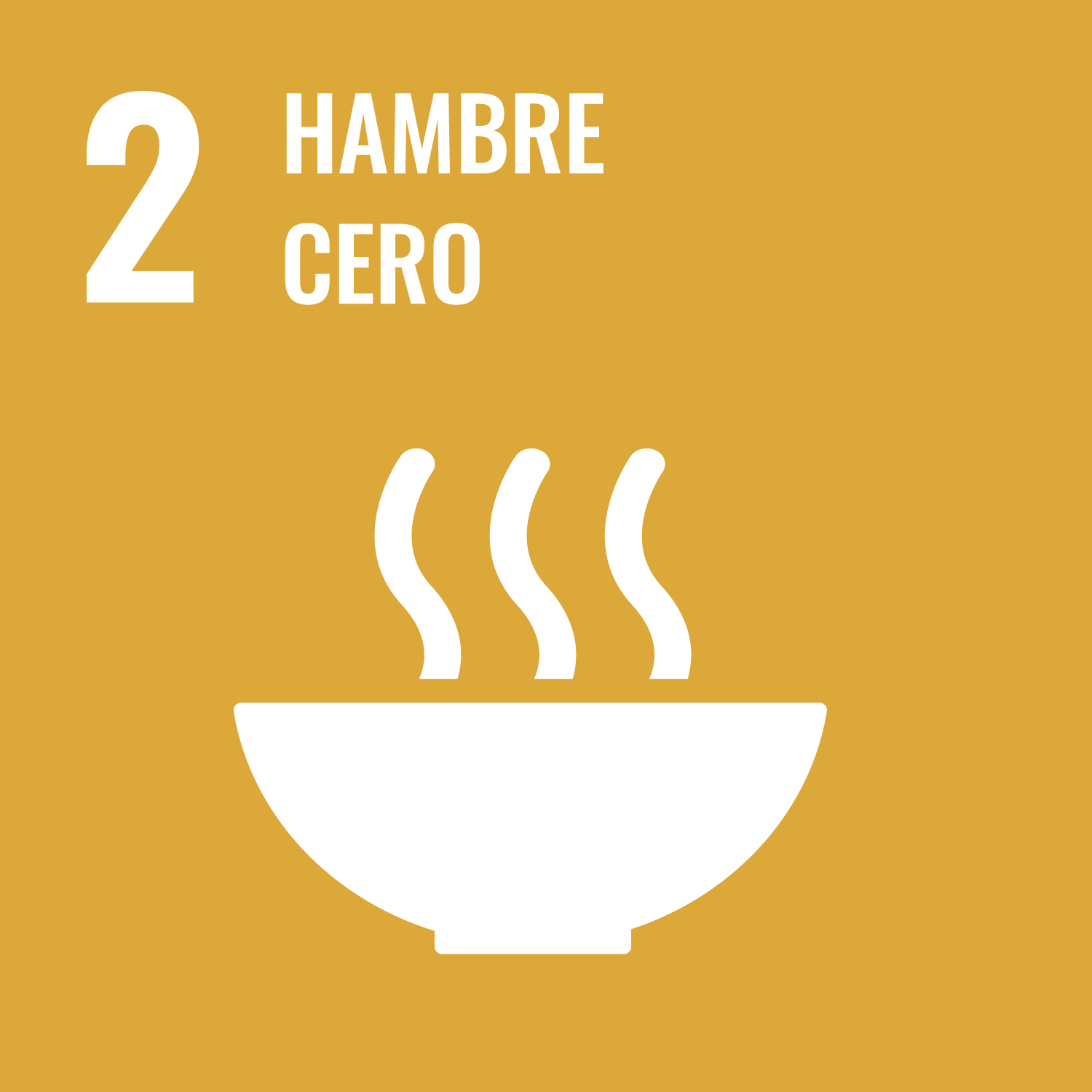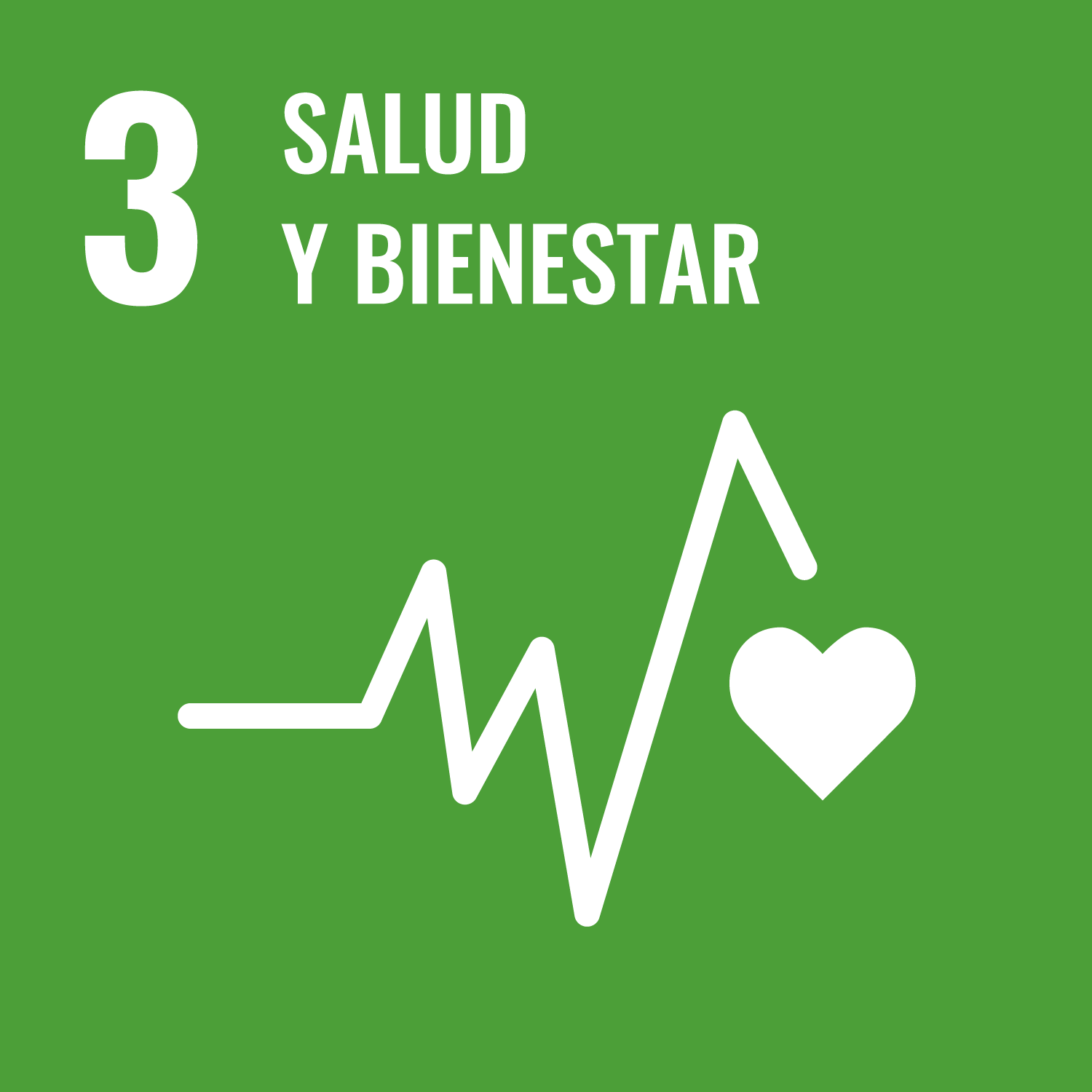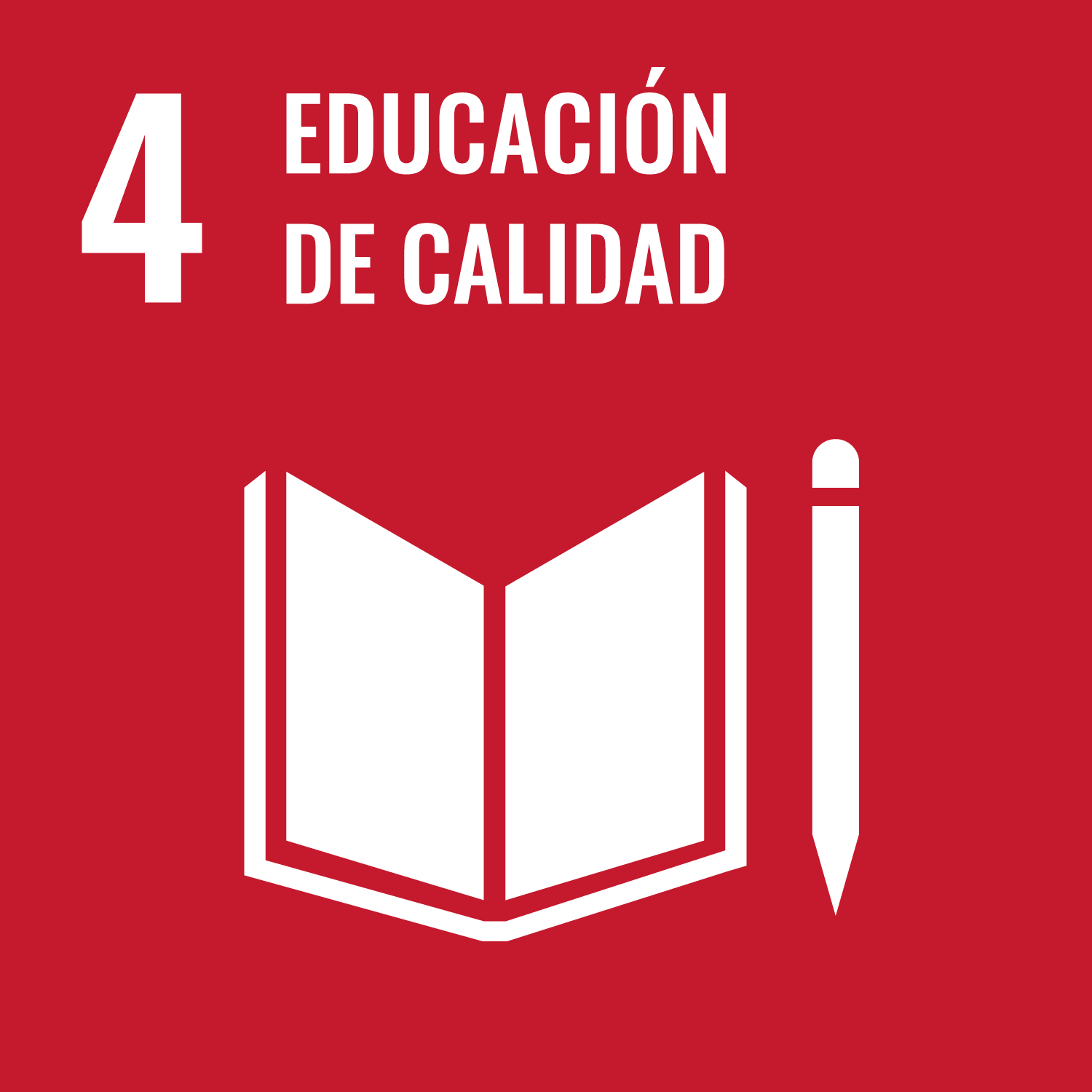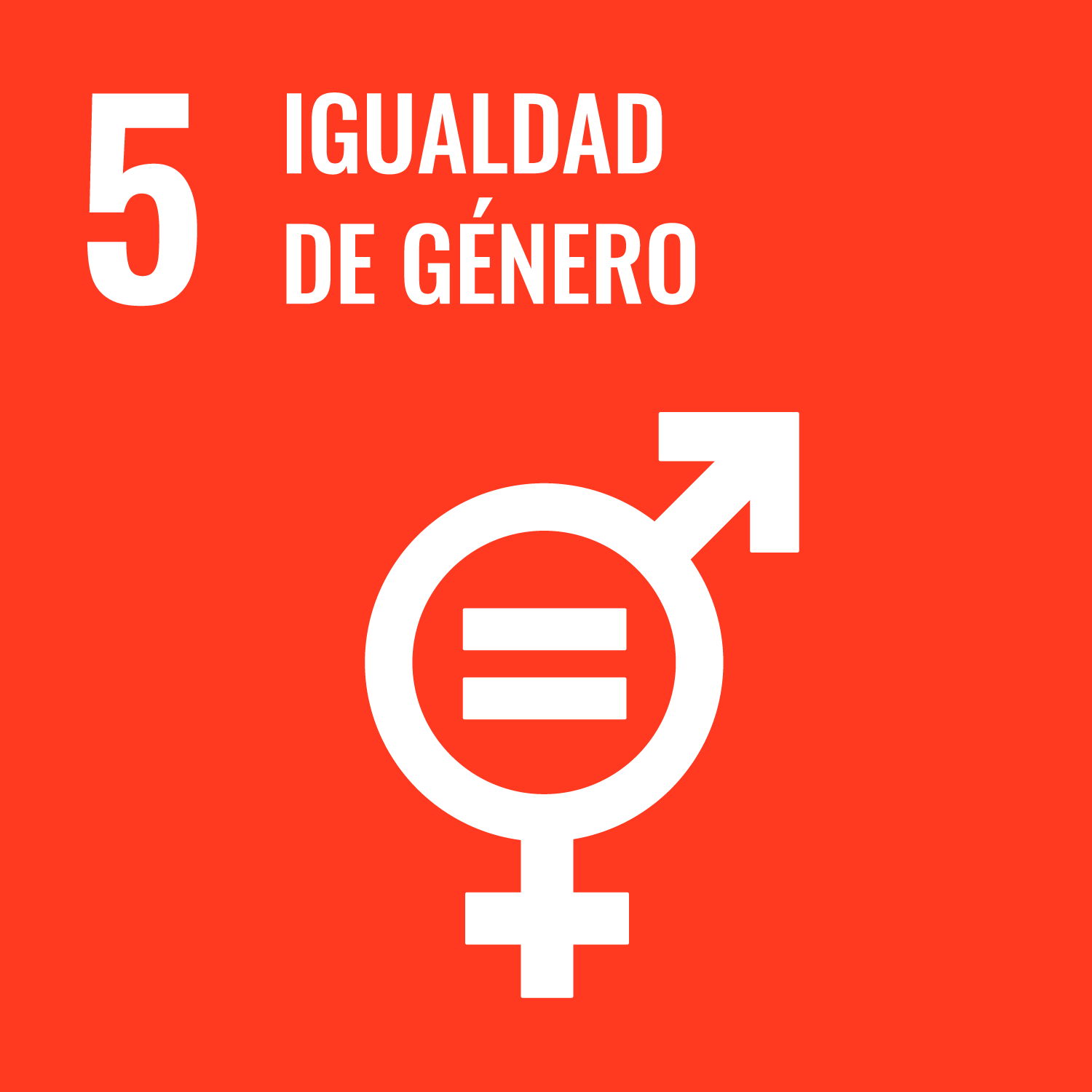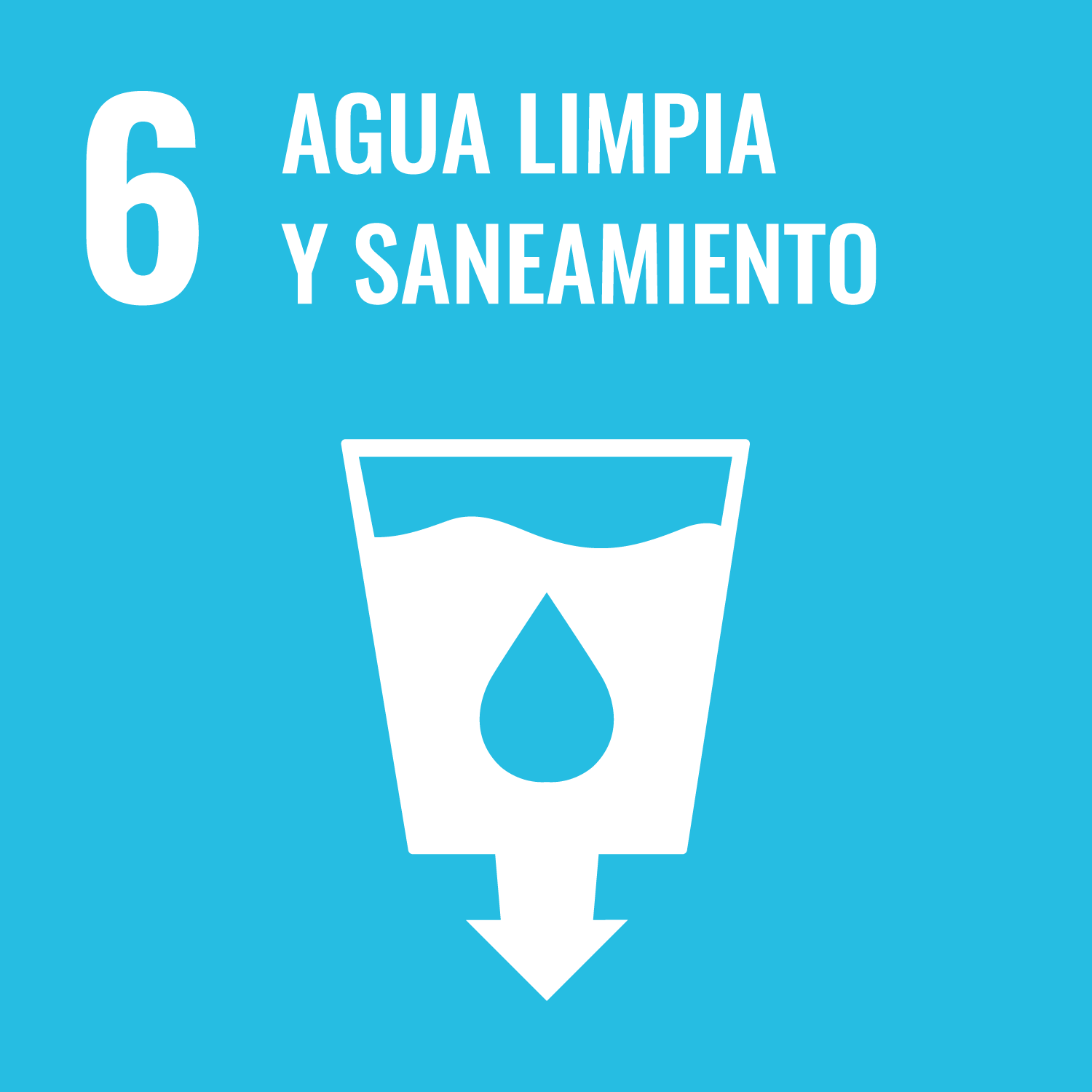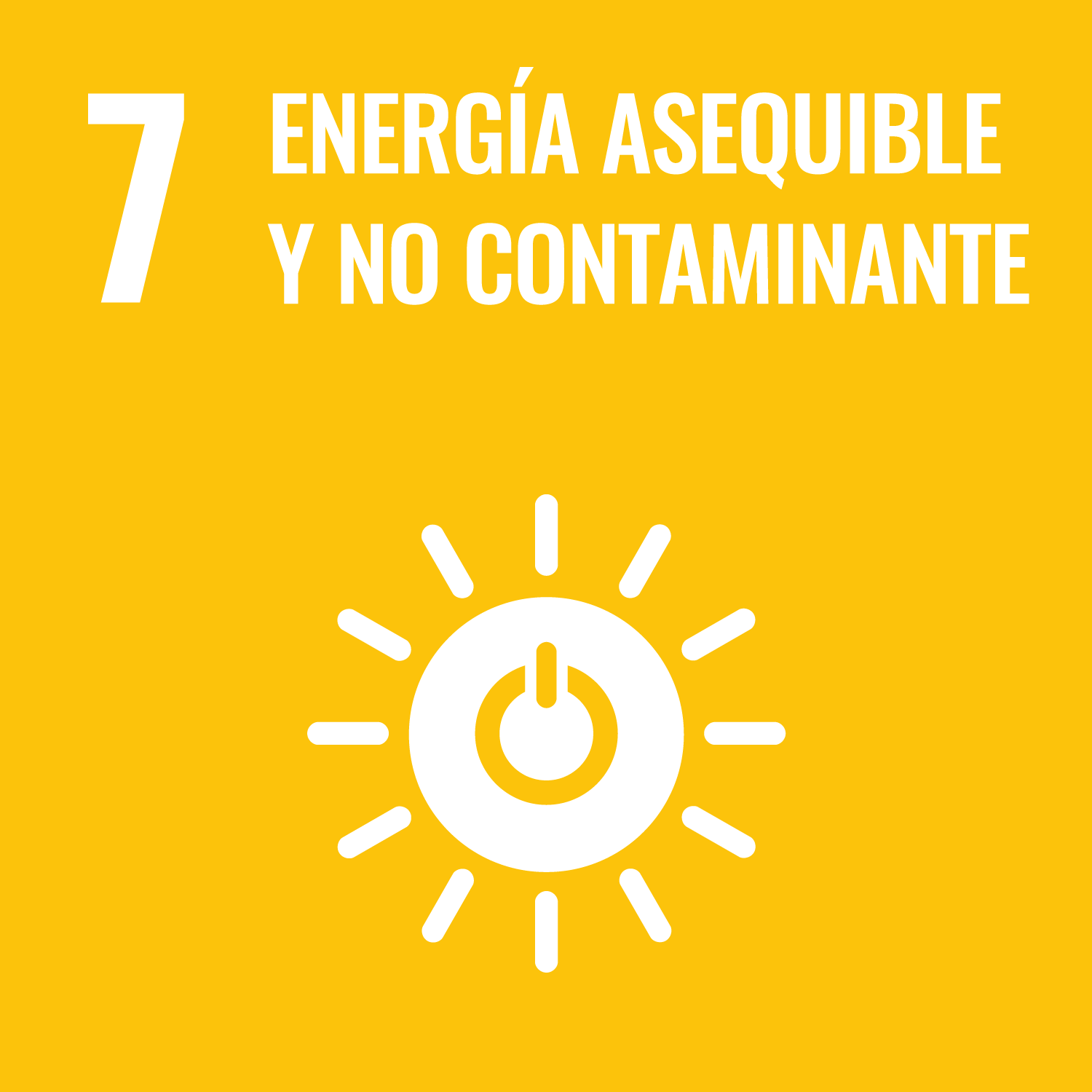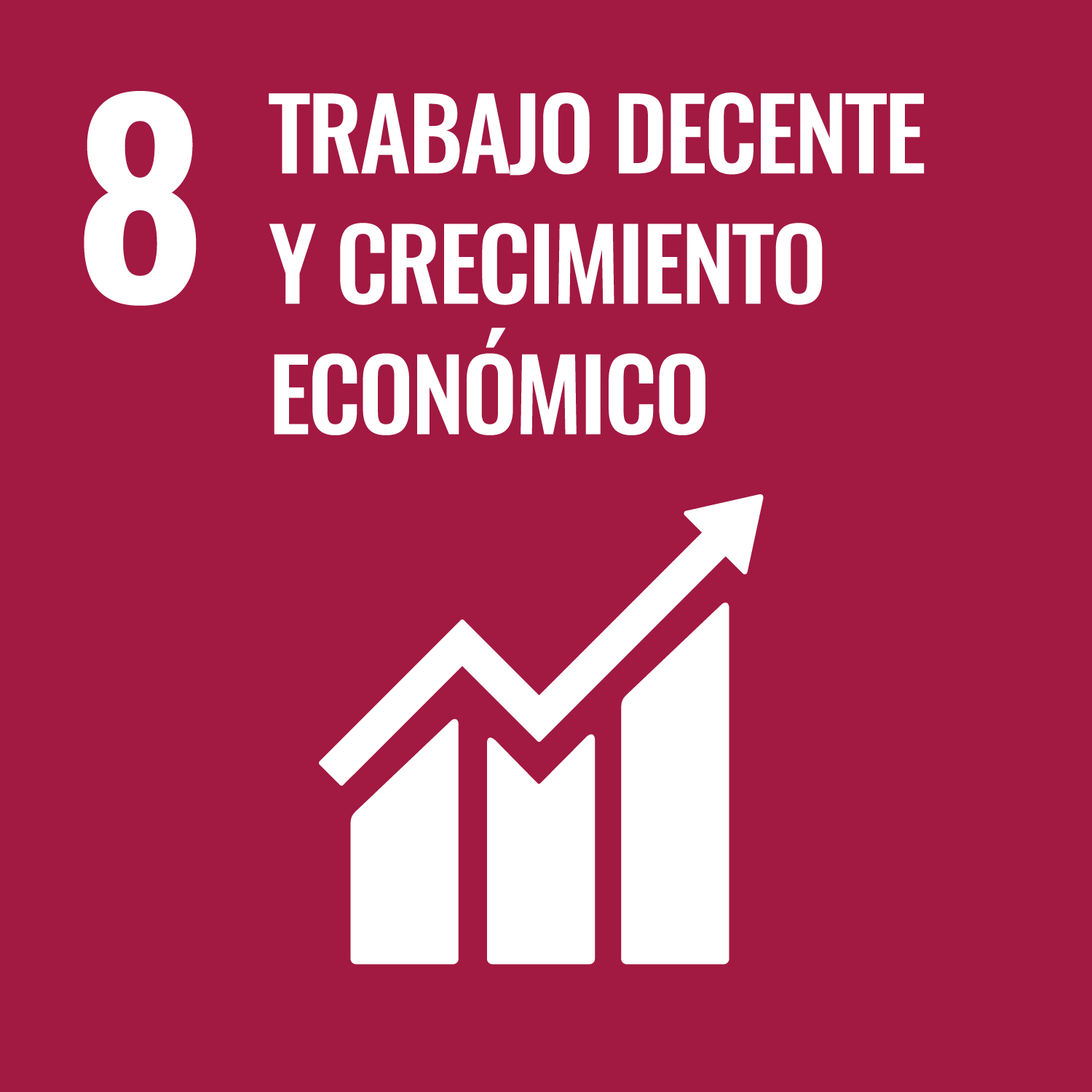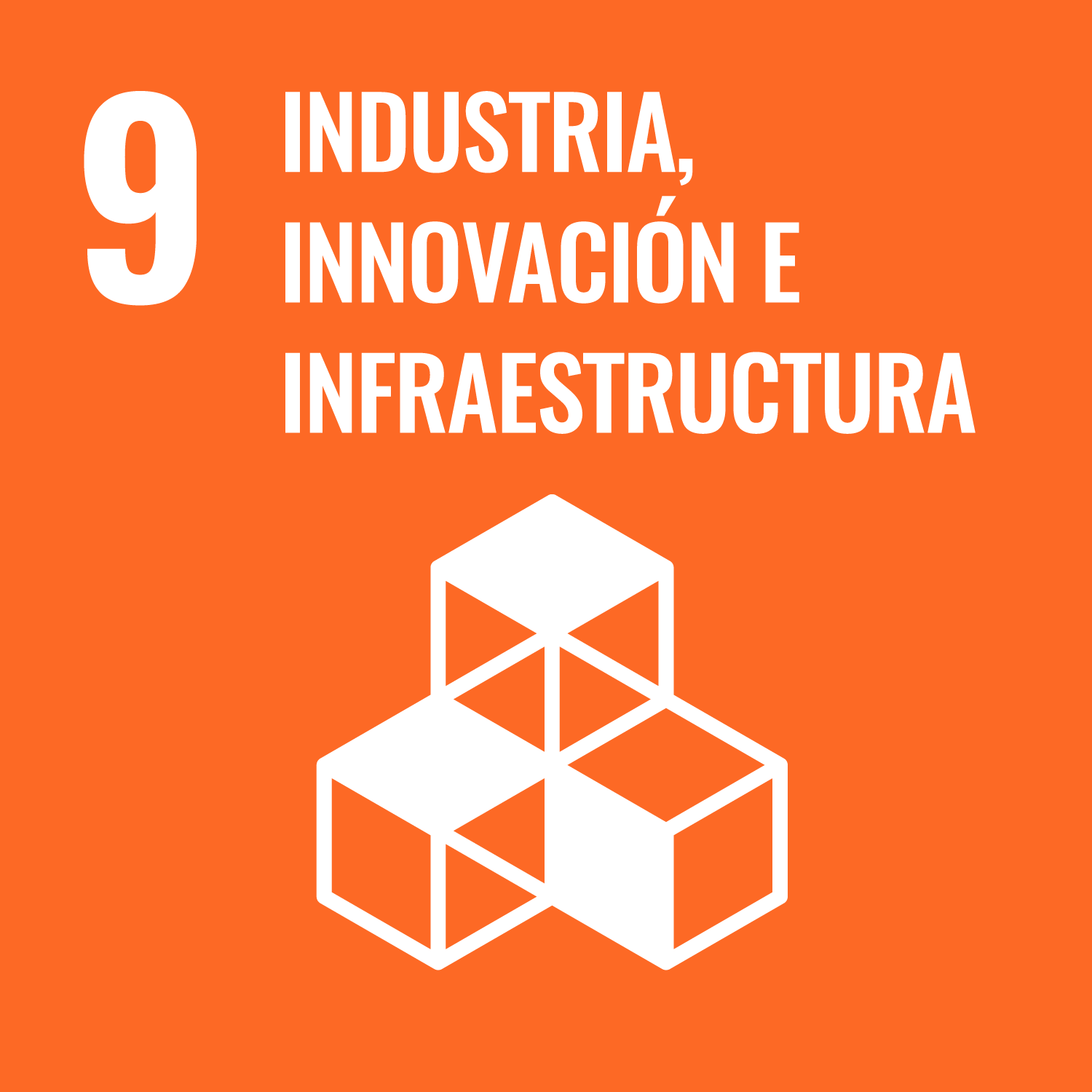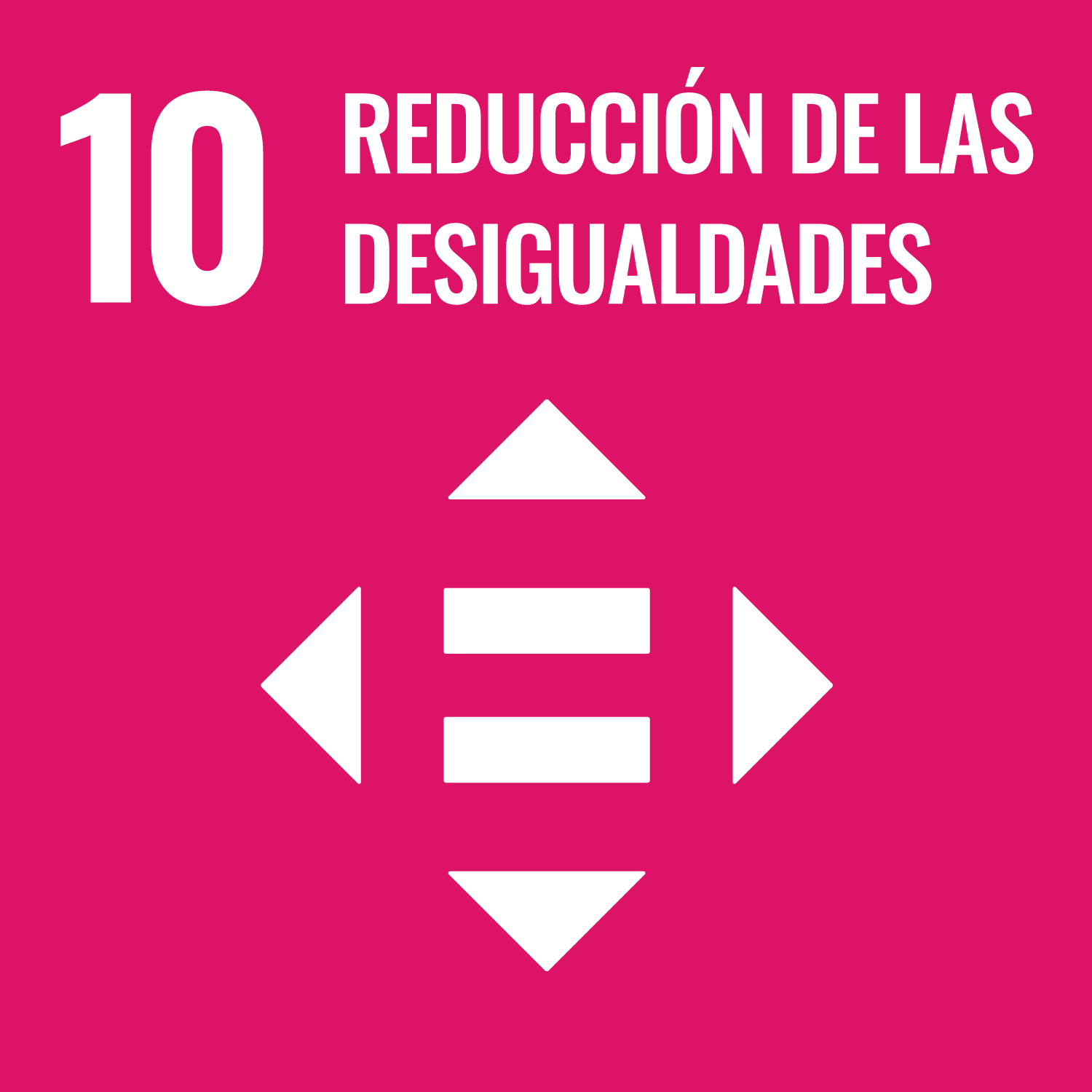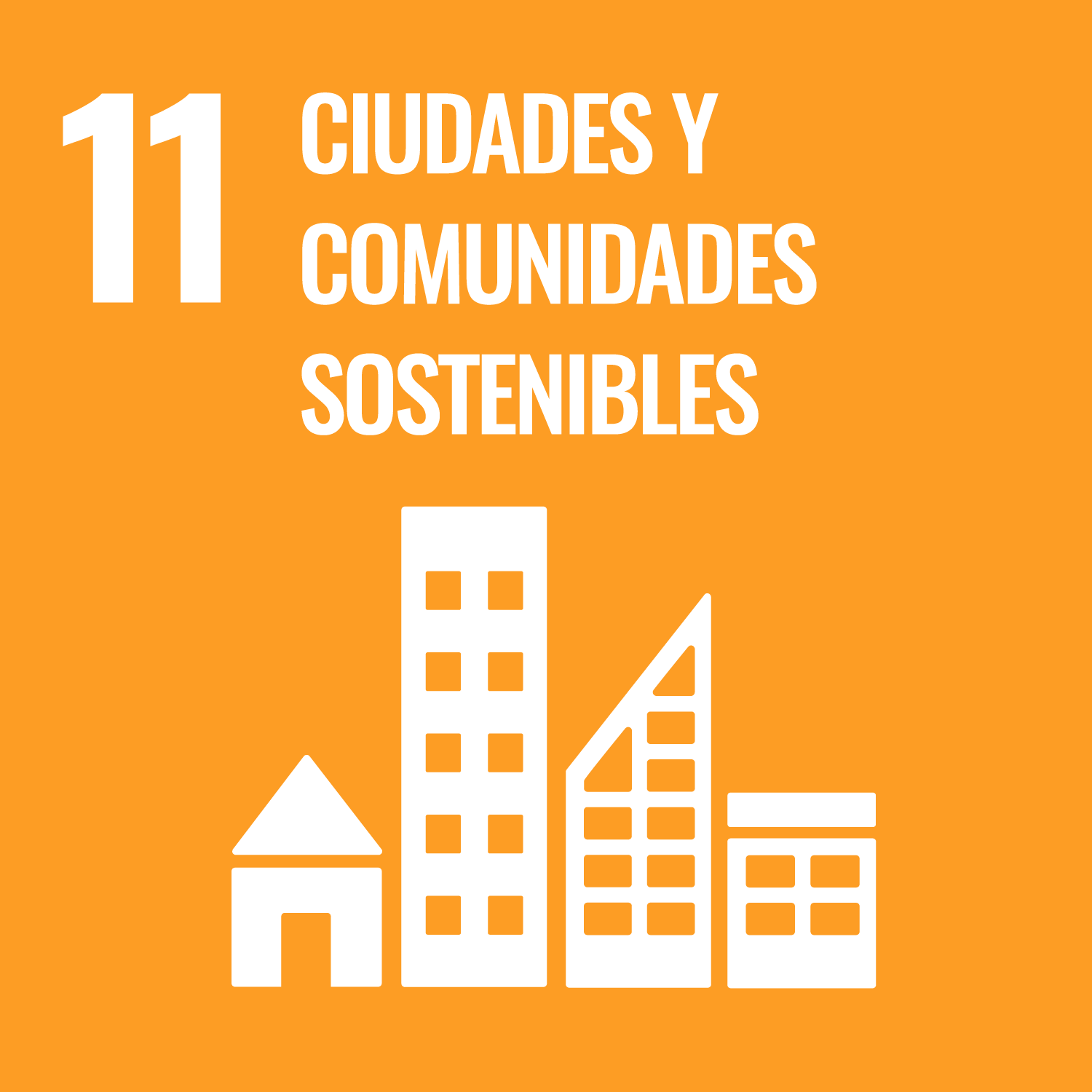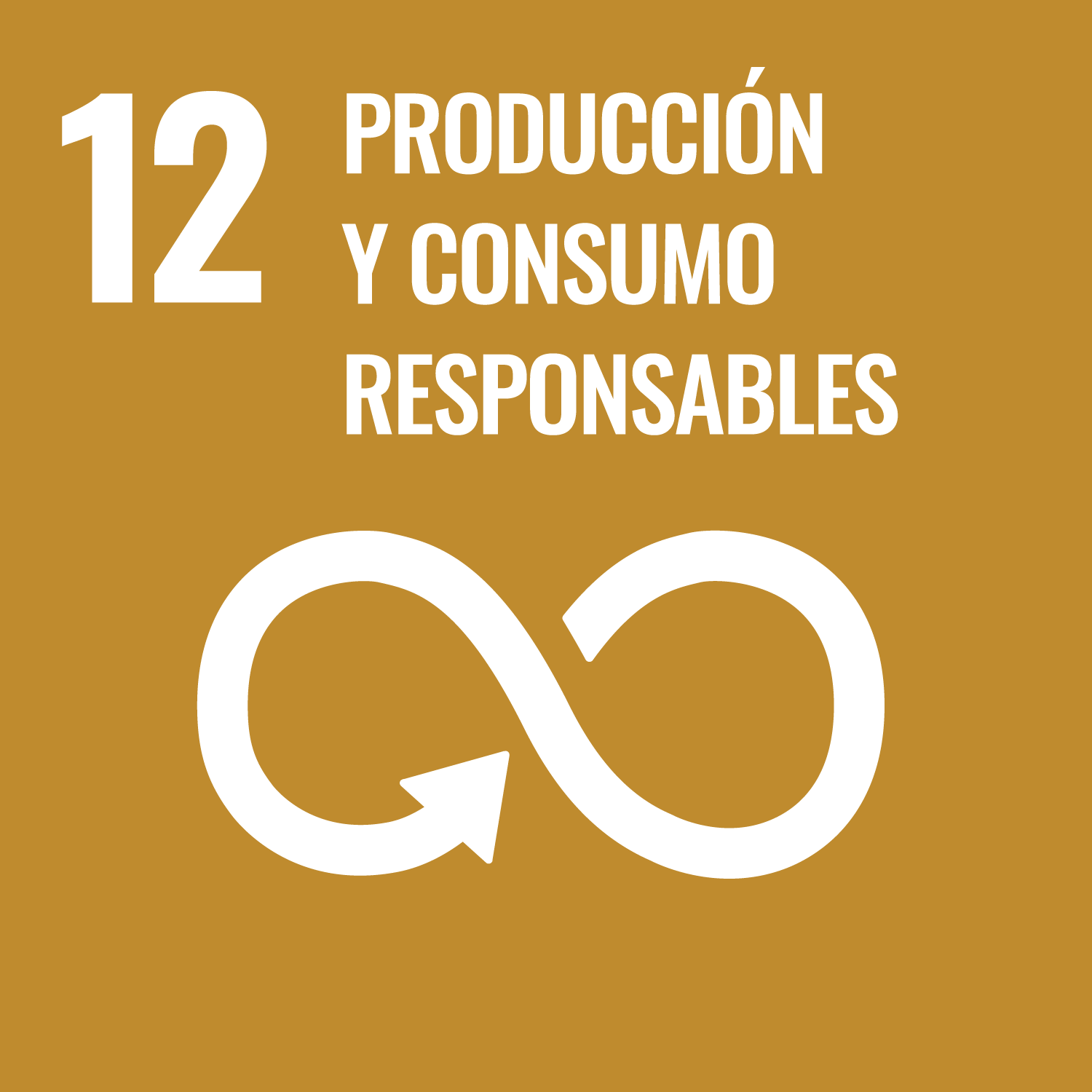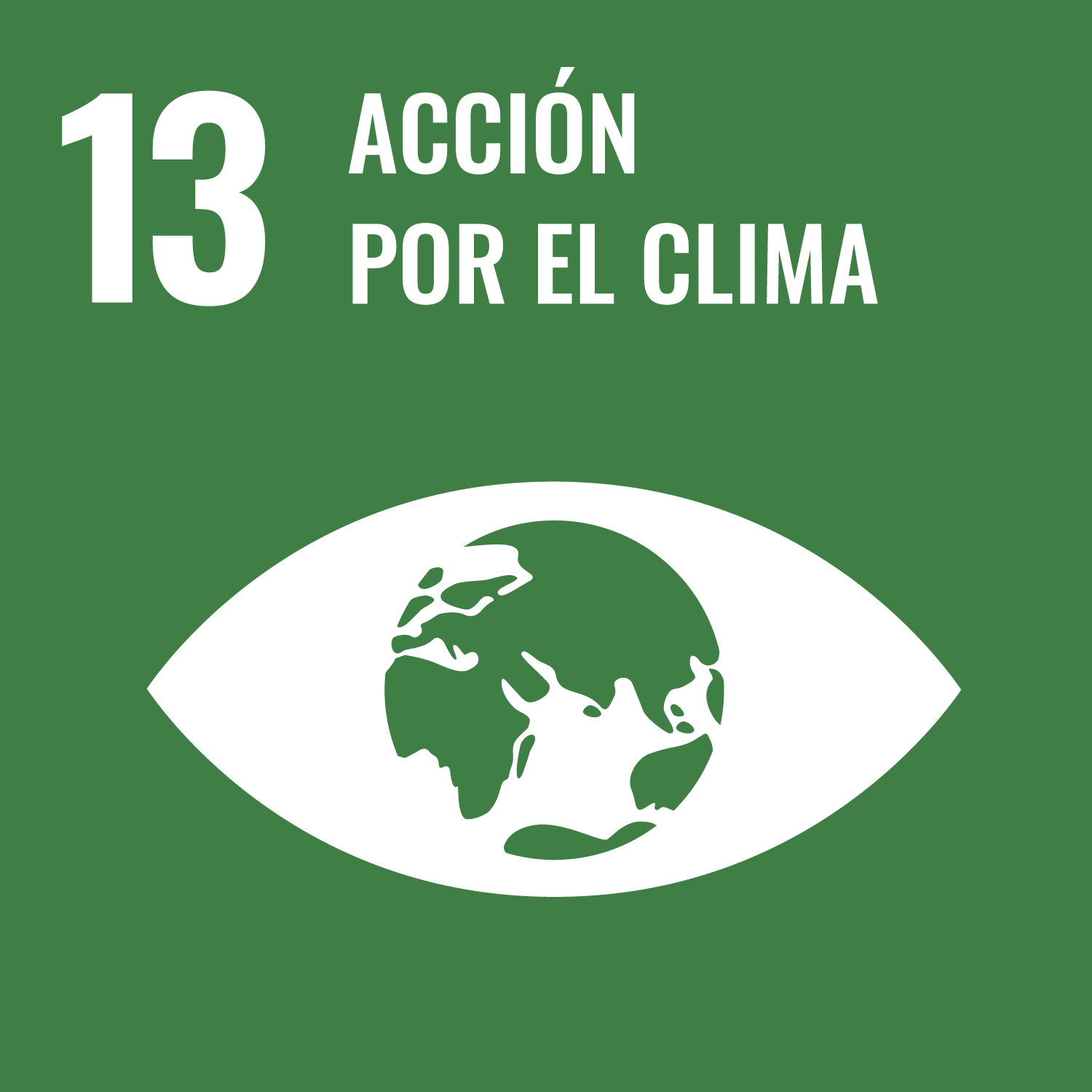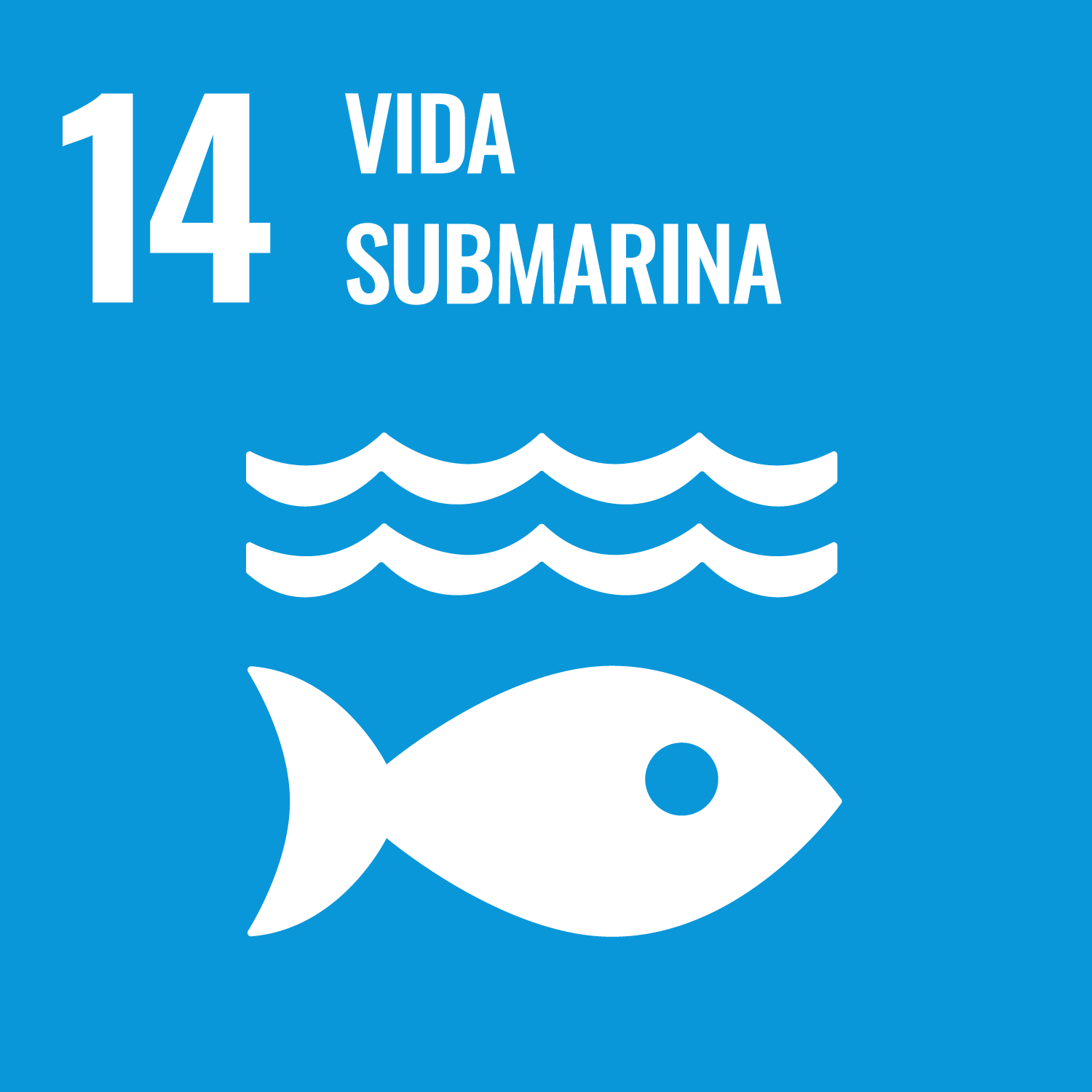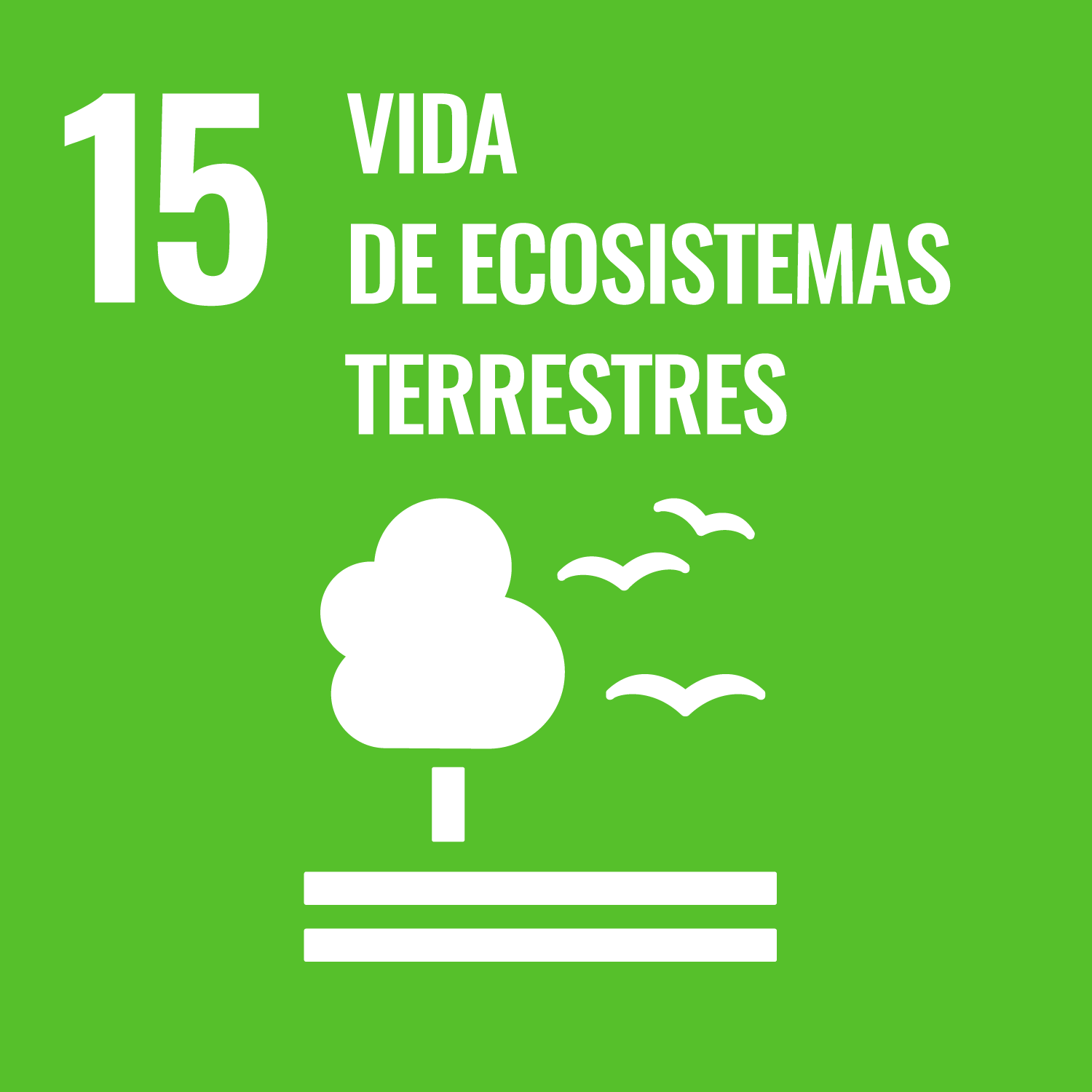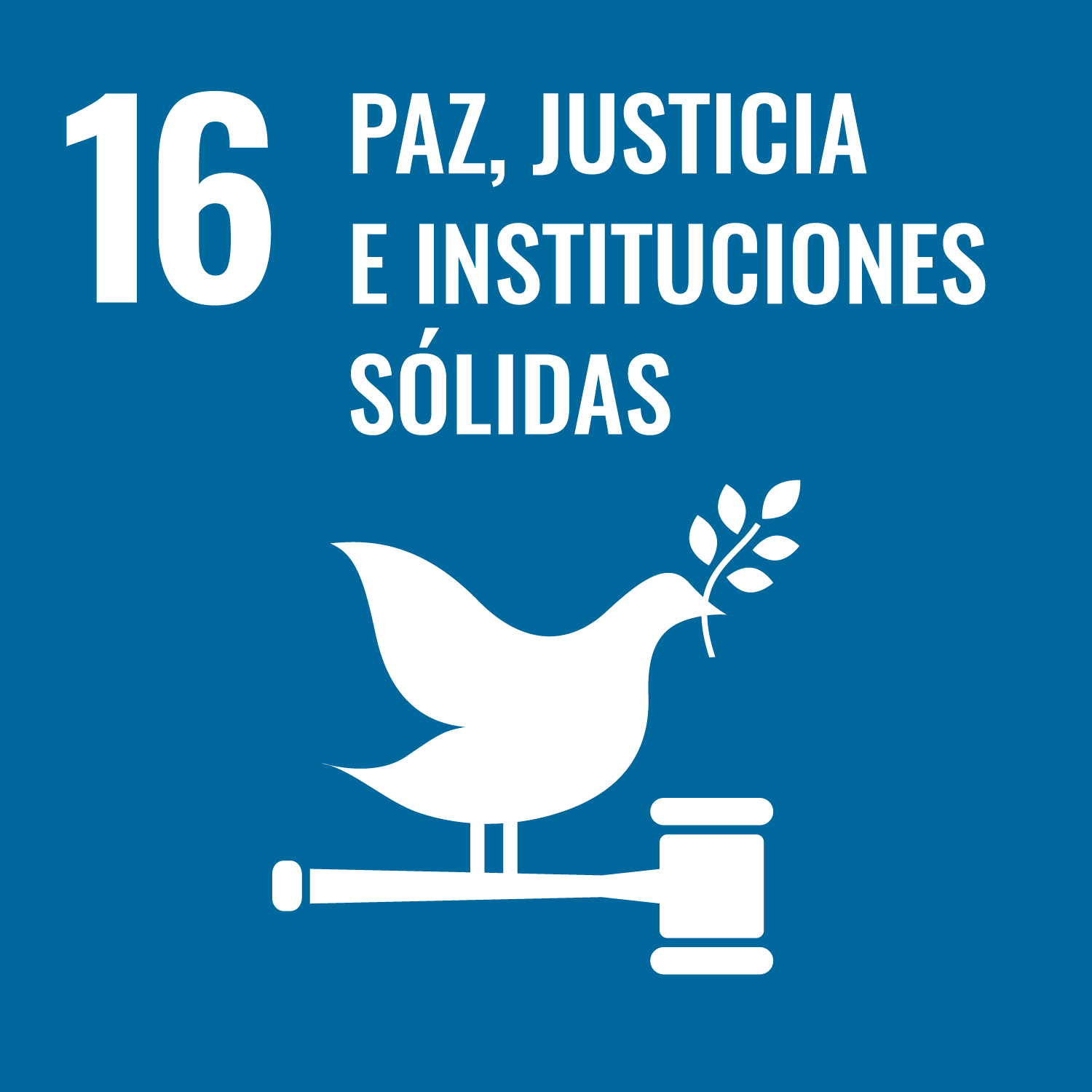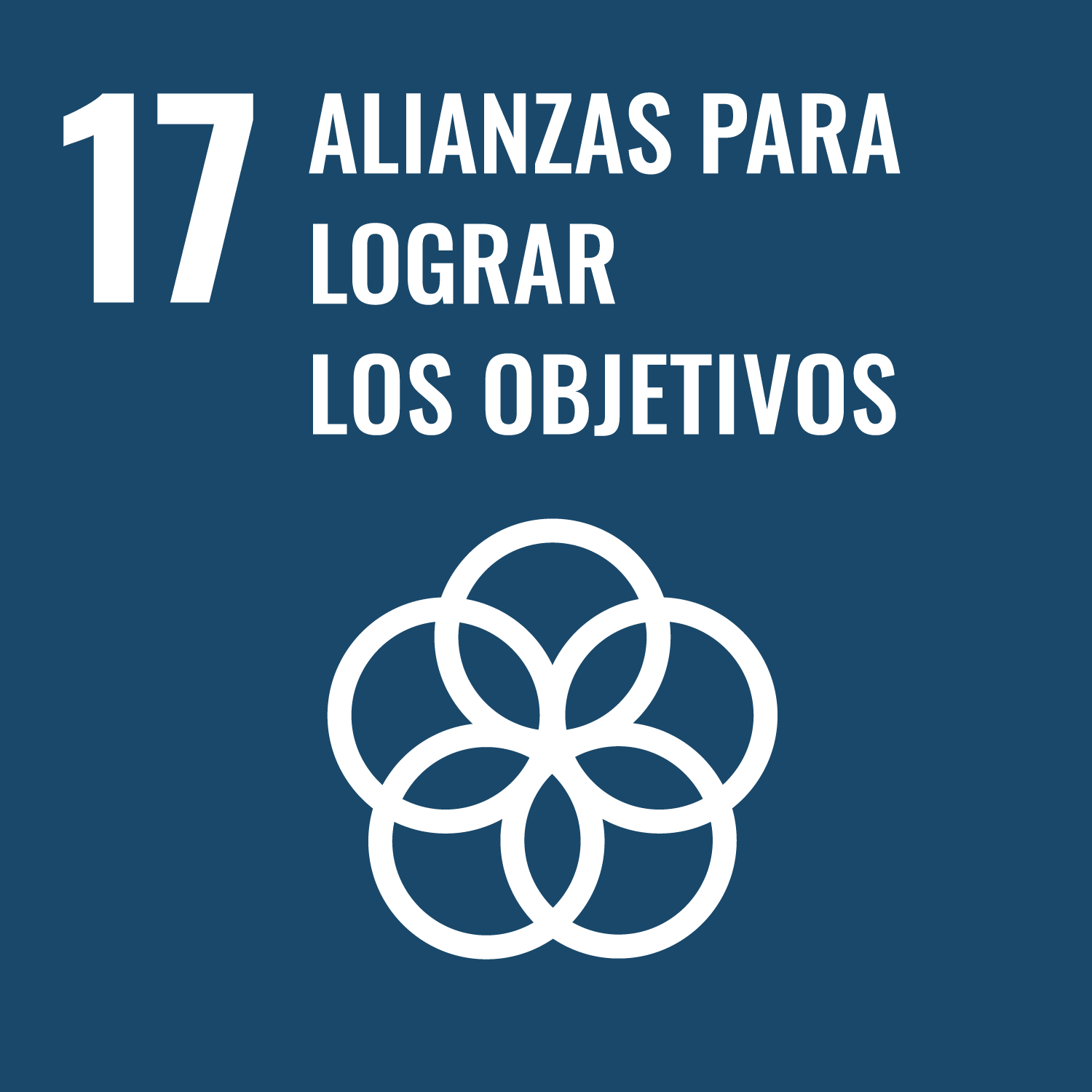The UN Joint SDG Fund will continue to mainstream human rights to ensure policy shifts and unlock financing for SDG transitions to effectively address existing and emergent threats to human dignity, freedoms and equality. Funding allocations, programme design and implementation, leveraging broader funding and financing, and partnership strategies will have human rights, gender equality and youth empowerment as the backbone of the overall impact. A coherent and integrated approach to SDG transitions will holistically address the most critical systemic challenges aggravated by compounding crises, further scaling up the Fund’s impact. An essential component for meeting this level of ambition will be SDG localization that ensures the transformative results are produced from the ‘bottom-up’.
Gender equality will be at the core of transformative theories of change of joint programmes to help prevent 340 million women from remaining in poverty by 2030. All SDG transitions will coalesce around facilitating women’s leadership. The Fund builds on its previous success in prioritizing women and girls by further upgrading its approach through the new UNSDG Gender Equality Marker. Investments in the Fund will ensure that economic growth and job creation lead to prosperity for women, with a special focus on front-line workers and caregivers, and women involved in digital, green, and renewable energy sectors. Women and girls will be the priority for the transformation of education systems, improving energy access and affordability, and addressing climate, biodiversity, and pollution. On digital transformation, the Fund will prioritize gender-transformative innovation, addressing the growing digital divide, and helping eliminate technology-facilitated gender-based violence.
The profound human, health and economic crises will severely and disproportionately affect young people for years to come. The Fund will work closely with young leaders, innovators, and communicators across the SDG transitions to ensure that its catalytic funding supports and empowers over 1.8 billion youth globally. Special emphasis will be on investing in human capital and innovative solutions that ensure young people co-create a future that is sustainable, just and peaceful. The UN Youth2030 Strategy will serve as the guiding framework for all joint programmes of the Fund.
As recalled by the Secretary-General at the launch of the Advisory Board on Local and Regional Governments in October 2023, the engagement, action and multi-level cooperation of these actors are vital to rescue the SDGs and contribute to SDG acceleration. The SDGs can only be fully implemented by translating and operationalizing the 2030 Agenda at the local level, the space where policy and financing outcomes directly improve the lives and livelihoods of the most vulnerable. The Fund’s focus on SDG localisation as a means of implementation for the SDG transitions will ensure subnational approaches are embedded in all investments. Focus on the interaction between local and national development initiatives by scaling up local solutions nationally and ensuring implementation of national agendas in regions and municipalities will be sharpened. These efforts will be supported by the Local2030 Coalition to help mobilize the broader ecosystem, involving local and regional stakeholders, cross-fertilize efforts amongst countries, and help leverage larger funding and financing flows.


